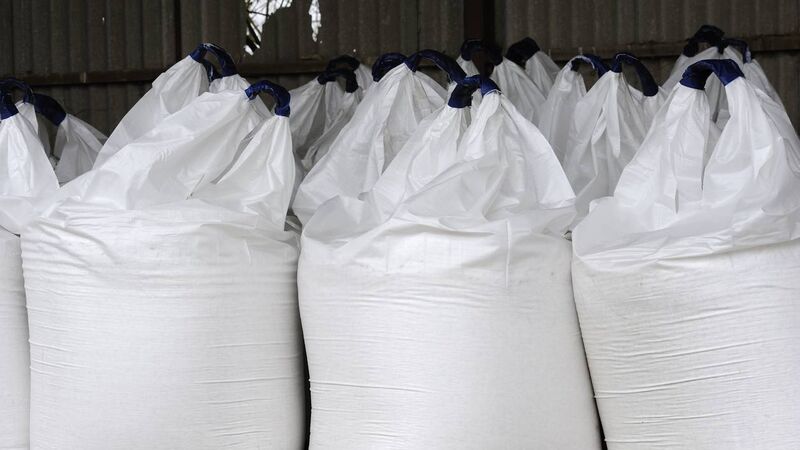Department to probe 'out of tolerance' fertiliser tests

The department also takes samples of fertiliser products placed on the market to verify compliance with Irish and EU legislation on labelling of products and minimum nutrient requirements.
Investigations are ongoing after inspections by the Department of Agriculture, Food, and the Marine revealed deficiencies in 4.3% of protected urea fertilisers and in 1.8% of fertilisers generally.
In Dáil Eireann recently, agriculture minister Martin Heydon said his department carries out sampling and analysis on fertilising products to ensure that they are in compliance with EU and domestic legislation.











